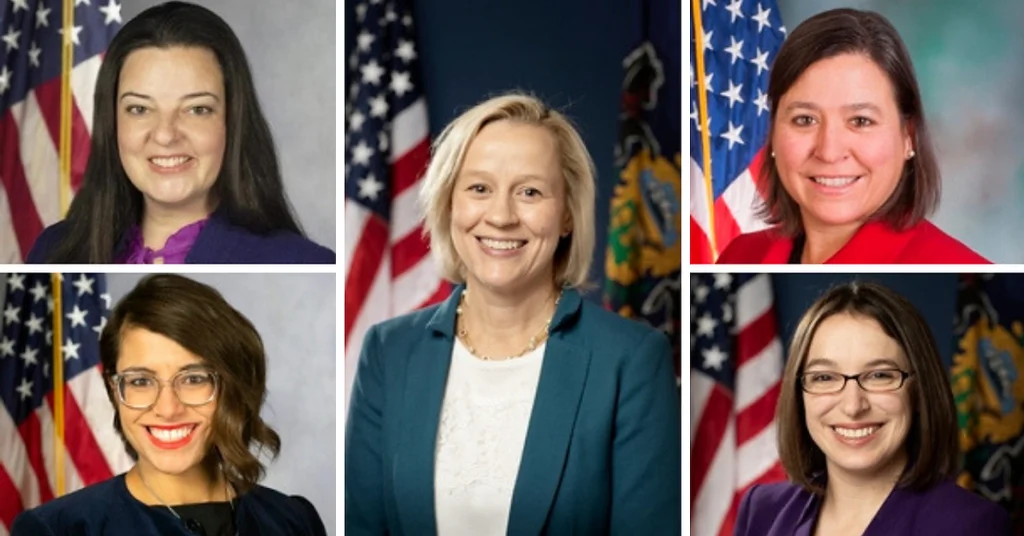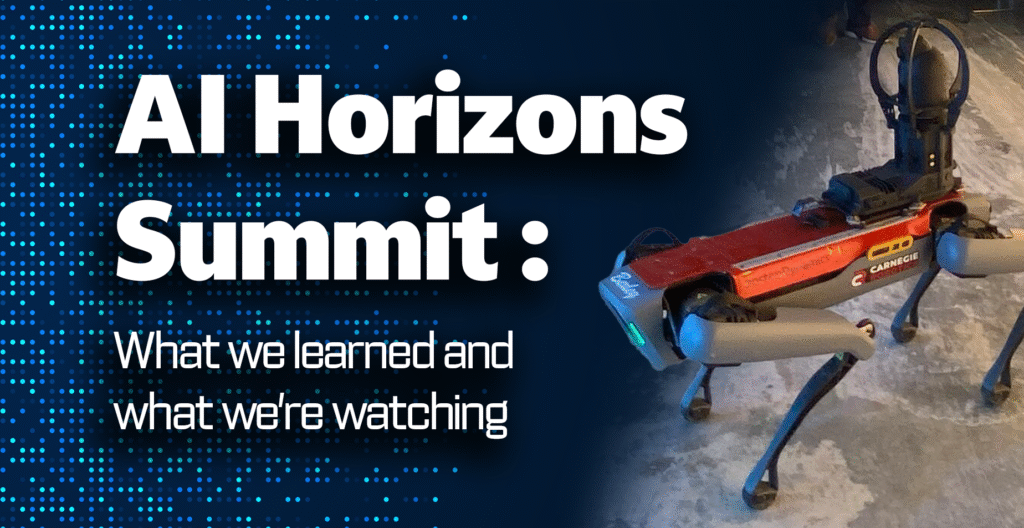
As a young college student, I traveled to Washington, D.C. with a friend and her family to attend the Million Moms March. It was my first experience with an event of that magnitude. Women, men and children walking together in support of female empowerment. It was inspiring.
It’s now nearly 20 years later and the memories of that day are again palpable. But my feelings have changed.
While I’m excited to see the changing demographics in the Pennsylvania General Assembly and Congress, I find myself wondering why it’s taken so long for our state and country to get to this point.
It’s been almost 100 years since the Nineteenth Amendment was ratified, giving women the basic right to vote. There have been massive social, cultural, political and legislative changes since then. Progress can take time, and many of the changes that occurred helped set us up for the 2018 general election.
Last year’s election brought many new faces to our state legislature and Congressional delegation. Our General Assembly is now 25 percent women, and Pennsylvanians elected four Congresswomen. Each new female member of the new crop of legislators brings her own leadership style and life perspective, and these approaches and experiences strengthen our existing legislature by adding depth and balance.
We need to continue improving diversity within our elected legislature. Different backgrounds, professions and cultures are characteristics that, if embraced, allow for more dynamic, well-rounded debates. We’ve made strides during recent elections, and hopefully this trend continues.
The reality is that the General Assembly has been in a state of change for a few sessions. There are many factors driving the change, resulting in a far more diverse governing body than it was a decade ago. The changing complexion of our legislature stands to benefit our commonwealth. But for as exciting as these changes are, we still have a long way to go.
It is, however, important to remember that effecting change does not require being an elected official – you only need the passion and motivation to step up and take action. (With that said, if you are thinking about local service, now is the perfect time. There will be numerous local offices with open seats, and there are still a few weeks before petition deadlines.)
Some of the most powerful women I’ve known may have never served in elected roles. They are mothers, coaches, mentors, managers, and friends. They work for businesses and organizations and care for loved ones. They know how to work with people and how to get things done.
It may not always be easy to have that tough conversation with someone with whom you have nothing in common or who represents the ideals that differ from yours. But that is the type of diplomacy and public discourse expected from our elected leaders, and it strengthens public policy.
With everything that’s transpired in the last year my hope is that the heightened public awareness will cement changes that prevent future generations from experiencing discrimination or harassment and that further empower future leaders through the liberation that comes with a level playing field.




